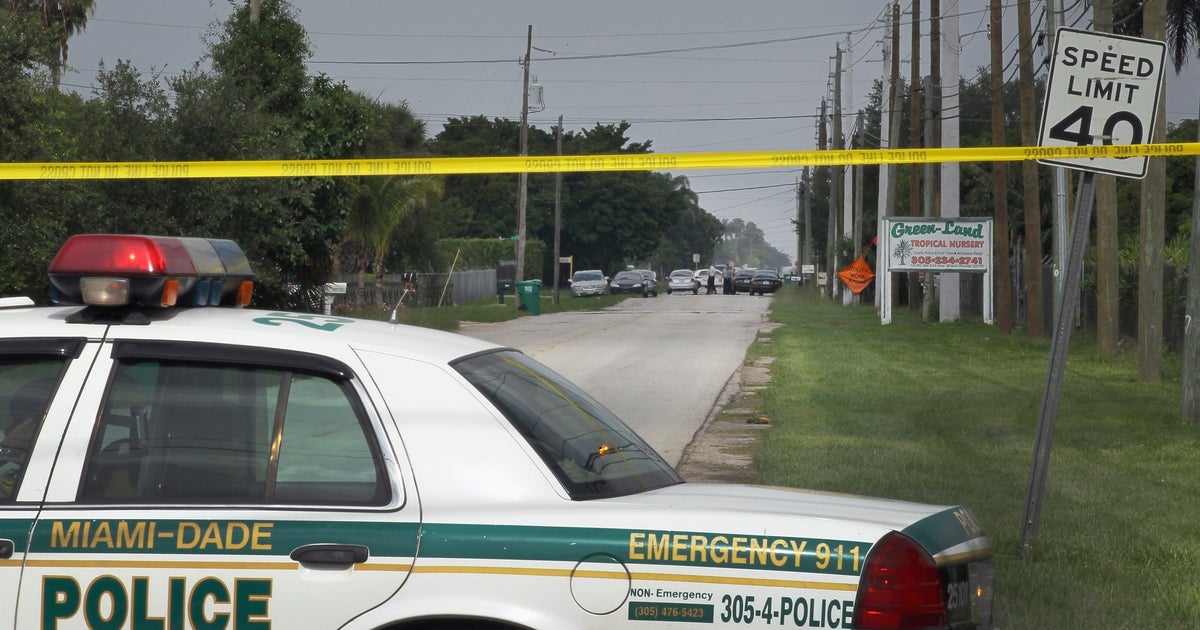Miami-Dade County equipping law enforcement with tools to address mental health
MIAMI – After a man was killed in Homestead on Sunday, his mother tells CBS News Miami he struggled with mental health issues. Daniel Allen Kempf battled depression and even attempted suicide in the past according to his mother Yaneitsy Rosete.
Homestead police tell CBS News Miami the subject involved in the shooting on Sunday was armed and the officer was forced to shoot. They have not confirmed the victim is Kempf.
This incident led us to examine what is being done in Miami-Dade County to help officers address incidents like this. We’ve learned that a program entitled “The Criminal Mental Health Project” was created in 2000 to help those with serious mental health illnesses get treatment.
Judge Steve Leifman, Associate Administrative Judge, Criminal Division for Miami Dade County, helped to create the program. He said he got the idea after a case he worked where a defendant was arrested for a minor offense.
“Turned out to be a Harvard-educated psychiatrist who worked at Jackson Memorial Hospital. He had a late onset of schizophrenia,” Leifman recalled.
Judge Leifman says this case highlighted the flaws within the community mental health system and the criminal justice system.
“What we found is that we were embarrassingly dysfunctional. We were spending millions of dollars on evaluations on all these very minor cases, only to release the person back to the street without any services of treatment and they kept cycling in and out,” he said.
So, they developed a pre and post-arrest diversion system. During the pre-diversion program, Law enforcement officers take a 40-hour training which teaches them how to identify who is in crisis, how to de-escalate the situation, and where to take them as opposed to simply arresting them.
“We now have the largest trained squad of CIT (Crisis Intervention Team) officers in the country. We have about 8,500 officers trained at all 36 of our departments. As a result of these officers and their work has been reduced from 118,000 arrests per year to about 53,000.
Through the post-booking jail diversion program, they’ve made changes to the screening process for those being booked into jail. If they meet a certain criterion, they meet with a psychiatrist, they’re put in a crisis stabilization unit, and then given the chance to enter a diversion program.
Judge Leifman says a critical issue to the mental health issue within the community will be helped with the creation of the Miami Center for Mental Health and Recovery. A first-of-its-kind of its kind facility that will be opening in six months. He says it’ll offer treatment and rehabilitation to those with serious mental health issues. So, in cases like Kempf, there could potentially be different outcomes.



